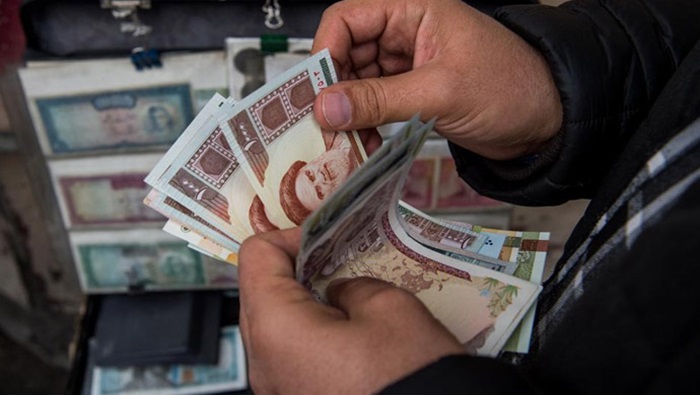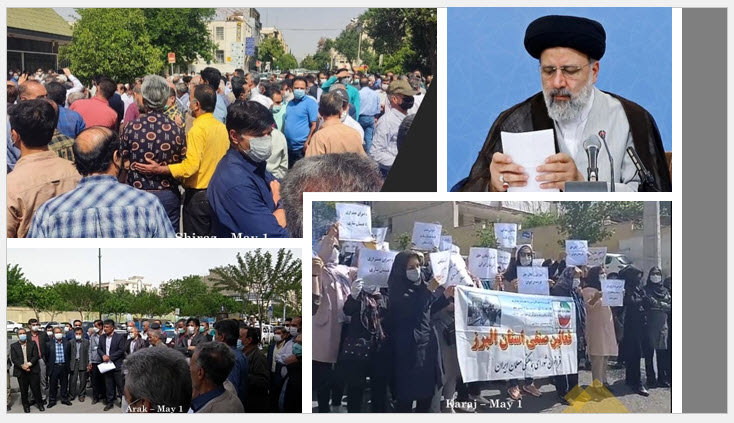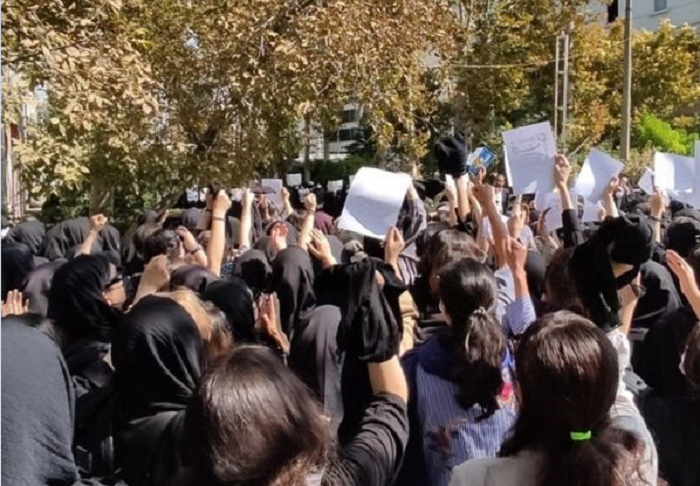
In a blow to the Iranian regime, the proposed budget bill for 2024 faced a resounding rejection in the Majlis (parliament), signaling deepening crises within the government.
With 127 votes against, 90 in favor, and 10 abstentions, the budget has become a notable embarrassment for President Ebrahim Raisi. This recent development underscores the regime’s difficulties in managing its internal affairs amidst escalating tensions and societal discontent.
Majlis Speaker Mohammad Baqer Ghalibaf, as reported by the state-run Tasnim news outlet on December 18, highlighted a key reason for the rejection: the 2024 budget’s misalignment with the policies of the Seventh Development Plan.
The state-run Arman Daily, on the same day, shed light on the budget’s controversial aspects, particularly the increased tax burdens and their societal implications. The government’s strategy to balance the budget heavily relies on tax revenues, which are expected to constitute 75% of the total revenues for the coming year. This represents a staggering 50% increase from the current year, intensifying the pressure on Iranian society.

Ghalibaf’s critical remarks about President Raisi’s statesmanship and the government’s problem-solving approach reflect growing concerns within the Iranian political landscape.
Further criticism emerged from the state-run Quds news website, citing a Majlis member’s opposition to the proposed hike in value-added tax. The member emphasized the need for price stability, warning of the potential repercussions across various societal sectors. The proposed 10% increase in value-added tax has sparked significant concern among the public.
The budget’s focus on strengthening repressive mechanisms, particularly against protests, has also drawn attention. The Donya-ye Eqtesad newspaper, on November 22, highlighted a clause in the budget bill mandating substantial allocations to the armed forces’ defense infrastructure. This move, perceived as a tactic to suppress dissent, involves significant financial commitments, further burdening the national economy.

Economic experts, as quoted by Setareh Sobh on December 18, have expressed concerns over the relationship between liquidity, inflation, and its impact on the low-income population.
On December 17, the Fars News Agency reported the government’s resolution to allow law enforcement forces to import 2,000 passenger cars, with a focus on electric and hybrid vehicles. This decision, amidst economic hardships, appears to add to the public’s grievances. The budget’s approach is feared to exacerbate inflation, devalue the national currency, and reduce purchasing power, disproportionately affecting the lower strata of society.
State media outlets, including Jomhouri on December 7, have warned of the growing societal anger under heavy taxation. The increasing pressure on society raises questions about the endurance of the Iranian people under such economic strain, signaling a precarious future for the regime amidst mounting internal challenges.

The government’s reliance on “money creation” and reduced income from oil sales, while imposing heavy taxes, points to a potential eruption of unrest against the ruling establishment.

MEK Iran (follow us on Twitter and Facebook), Maryam Rajavi’s on her site, Twitter & Facebook, NCRI (Twitter & Facebook), and People’s Mojahedin Organization of Iran – MEK IRAN – YouTu
